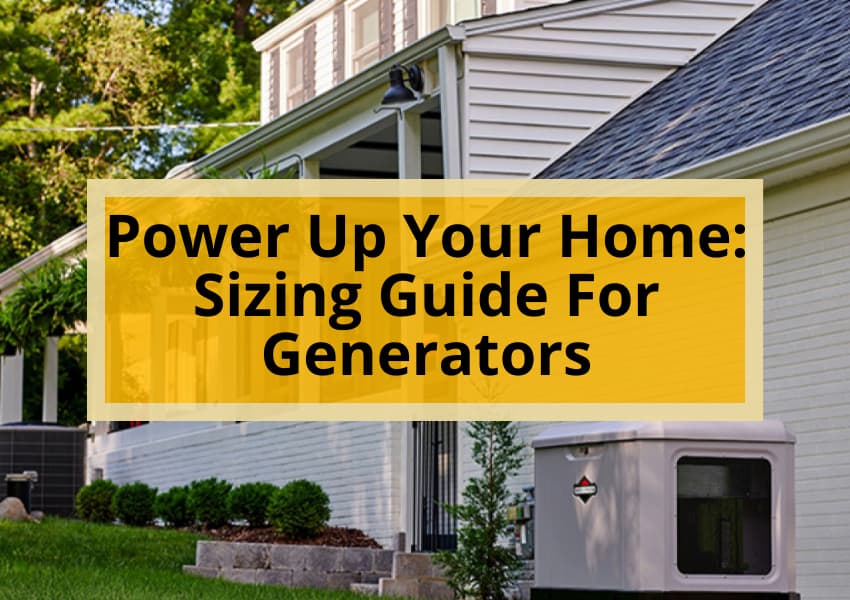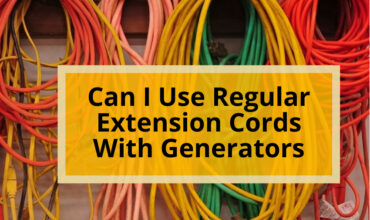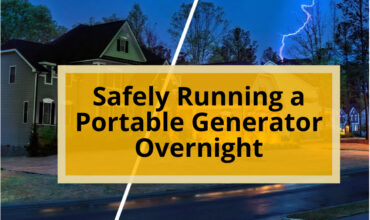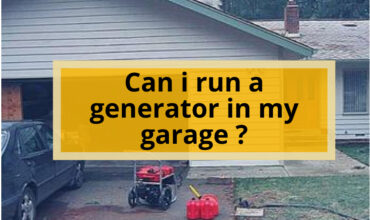Power outages can be a significant inconvenience for homeowners, leaving them without access to electricity and the comforts of modern living. Home standby generators have become a popular solution to this problem, providing an alternative source of power that can keep essential appliances running during an outage. However, choosing the right generator for your home requires careful consideration of various factors, including the size of your home, the appliances you want to power, and your budget.
This article aims to provide a comprehensive guide to help homeowners size their generators correctly, ensuring they have the right backup power to meet their needs.
One of the most critical factors to consider when sizing a generator is the amount of power your home is likely to use during an outage. This requires an assessment of the appliances you want to power, the total wattage they consume, and how often you use them.
A generator that is too small may not be able to provide enough power to meet your needs, while a generator that is too large will be expensive and may not operate efficiently. Therefore, understanding your power requirements is crucial to selecting the right size of generator for your home.
In this article, we will explore the key factors involved in choosing the right generator size, including the importance of working with a professional to ensure you make an informed decision.
Why You Need One
The importance of having a home standby generator stems from its ability to restore power seconds after an outage occurs, thereby protecting homes and families by supplying power to keep essential appliances running, and this is why you need one.
Standby generators are a must-have appliance for any home as they power sump pumps, medical equipment, computers, lights, and kitchen appliances, ensuring that everyday life can continue uninterrupted during a power outage or blackout. Moreover, they provide peace of mind and security, especially in areas prone to natural disasters or frequent power outages.
Installing a standby generator is a cost-effective solution to ensure uninterrupted power supply during emergencies. While the initial cost of purchasing and installing a generator may seem like a significant expense, it is a worthwhile investment in the long run.
The cost-effectiveness of a standby generator comes from its ability to prevent damage to expensive appliances, such as refrigerators, HVAC systems, and medical equipment, during a power outage, reducing the need for costly repairs or replacements. Additionally, generators can help save money by reducing insurance premiums as they add an extra layer of safety and security to the home.
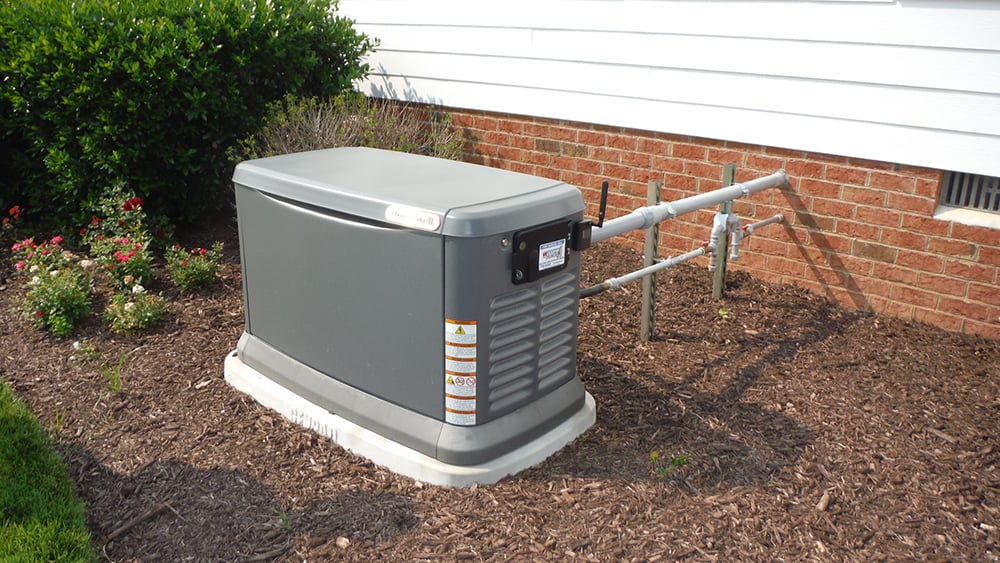
Choosing the Right Size
To ensure that your home standby generator meets your power needs during an outage, it is crucial to choose the appropriate size based on the total power requirements of your essential circuits and appliances.
Calculating wattage is an essential step in determining the size of the generator you need. Start by identifying the essential circuits and appliances that you need to power during an outage. Write down the power requirements of each item in watts and add them up to determine the total wattage needed.
Once you have the total wattage, divide it by 1000 to find the kilowatts needed. It is recommended to add a margin of safety and future power needs by multiplying the total kilowatts by 1.25.
In addition to calculating wattage, it is also essential to consider generator fuel options. Home standby generators typically run on natural gas, propane, or diesel fuel.
Natural gas is a reliable and convenient option, especially if you already have a natural gas line in your home. Propane is commonly used in rural areas and provides a longer shelf life than gasoline. Diesel fuel is a reliable option but requires storage and frequent maintenance.
It is important to consider fuel options and availability in your area when choosing a generator size and type that is best for your home.
also read : Power Up Your Rv: Quick Guide To Charging Batteries
Working with a Professional
Working with a professional electrician or authorized dealer is highly recommended to ensure that the sizing and selection of a home standby generator meets the specific power requirements and fuel options for your home. Professional installation is also crucial to ensure that the generator is properly connected to your home’s electrical system and is safely situated in a location that is easily accessible for maintenance and repairs.
When working with a professional, you can expect to receive expert advice on which generator is the best fit for your home’s needs, as well as guidance on proper generator maintenance tips.
A professional will help you to understand the different fuel options available and which one is the best choice for your home, taking into consideration factors such as the length and frequency of power outages in your area.
Additionally, a professional will provide information on the generator’s warranty and service plan, ensuring that you have the support you need to keep your generator running smoothly for years to come.
Frequently Asked Questions
Are there any safety concerns to be aware of when installing and using a home standby generator?
Installing a home standby generator requires adherence to safety precautions. Proper generator installation and grounding is essential to prevent electric shock and carbon monoxide poisoning. Regular maintenance and monitoring are also necessary to ensure safe operation.
Can a home standby generator be used to power an entire neighborhood or just one house?
A home standby generator is designed to power a single house or building during a power outage and is not recommended for powering an entire neighborhood. Generator limitations and neighborhood capacity make it impractical to provide power to multiple homes.
Will a home standby generator require regular maintenance or servicing?
Home standby generators require regular maintenance and servicing to ensure optimal performance. Maintenance requirements may include oil and filter changes, battery checks, and periodic inspections. The lifespan of a generator can vary depending on usage and maintenance, but proper care can extend its longevity.
How does the cost of a home standby generator compare to other backup power options?
Cost comparison between home standby generators and other backup options varies based on factors such as power output, fuel type, and installation costs. Consideration should be given to the specific needs and budget of each individual homeowner before making a purchase decision.
Are there any government regulations or permits required for installing a home standby generator?
Installing a home standby generator may require government regulations and permits. These vary depending on the location, size, and type of generator. Consult an authorized dealer or qualified electrician for specific requirements before installation.
